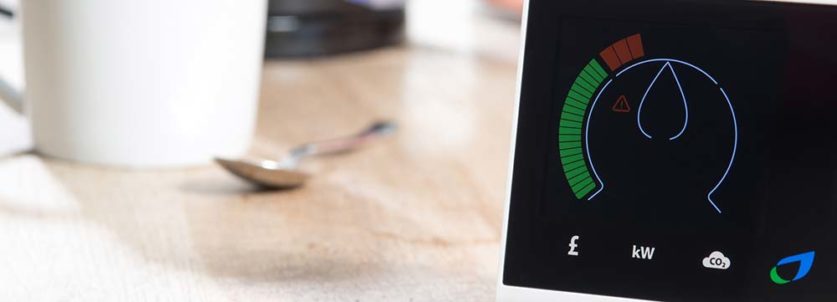
Centrica, the owner of British Gas, announced that it lost a combined total of 110,000 gas and electricity accounts over the course of the first four months this year.
This amounts to the firm losing roughly 70,000 customers, based on estimates that some households are on dual fuel tariffs and get both their gas and electricity from British Gas.
Increasing competition between the big six energy suppliers, well as from smaller energy companies, has seen the larger energy firms lose customers in droves..
Centrica pointed out, however, that the rate at which they were losing customers this year had “slowed materially relative to the average of 2017”. The company lost a total of 1.3 million accounts over the course of last year and during this same period last year the company lost 172,000 accounts. Despite these losses, the company maintains a customer base of around 13 million gas and electricity accounts.
Centrica’s CEO Iain Conn issued a statement saying that “2018 has begun well and overall financial performance in the year to date has been good, despite high competitive intensity in all our markets.”
According to the company, while the cold weather snap earlier this year (dubbed the Beast from the East) caused some problems, generally the company benefitted from customer’s increased energy demands to cope with the cold.
The weather was said to have caused an especially large number of boilers to fail. In one week alone Centrica said that they were called out 145,000 times, over twice as often as during an average week. The firm said that the cost of these additional callouts would likely eat into the profits gained from the increased energy demands during the cold spell.
Mr Conn said of the weather that “our customers continue to see new products and propositions and stable service levels, other than in UK home services which was impacted by extreme weather.”
He went on to talk about the cost-cutting measures being undertaken by the firm, as well its concerns over the threat of the government introducing energy caps, saying that “we are making good progress against our cost efficiency targets. While the outcome of regulations to impose a temporary cap on all default energy tariffs in the UK remains uncertain, we continue to participate actively in the consultation process. Our focus remains on performance delivery and financial discipline and we remain on track to achieve our 2018 group targets.”
These cost cutting measures include plan to cut 4,000 jobs by 2020 in order to combat the 17% (por £1.25 billion) fall in annual profit that the company has seen this past year.
The cost cutting measures introduced also come alongside a 5.5% price rise in energy bills which will begin in June. The price rise is in line with that of the other big six energy companies.




